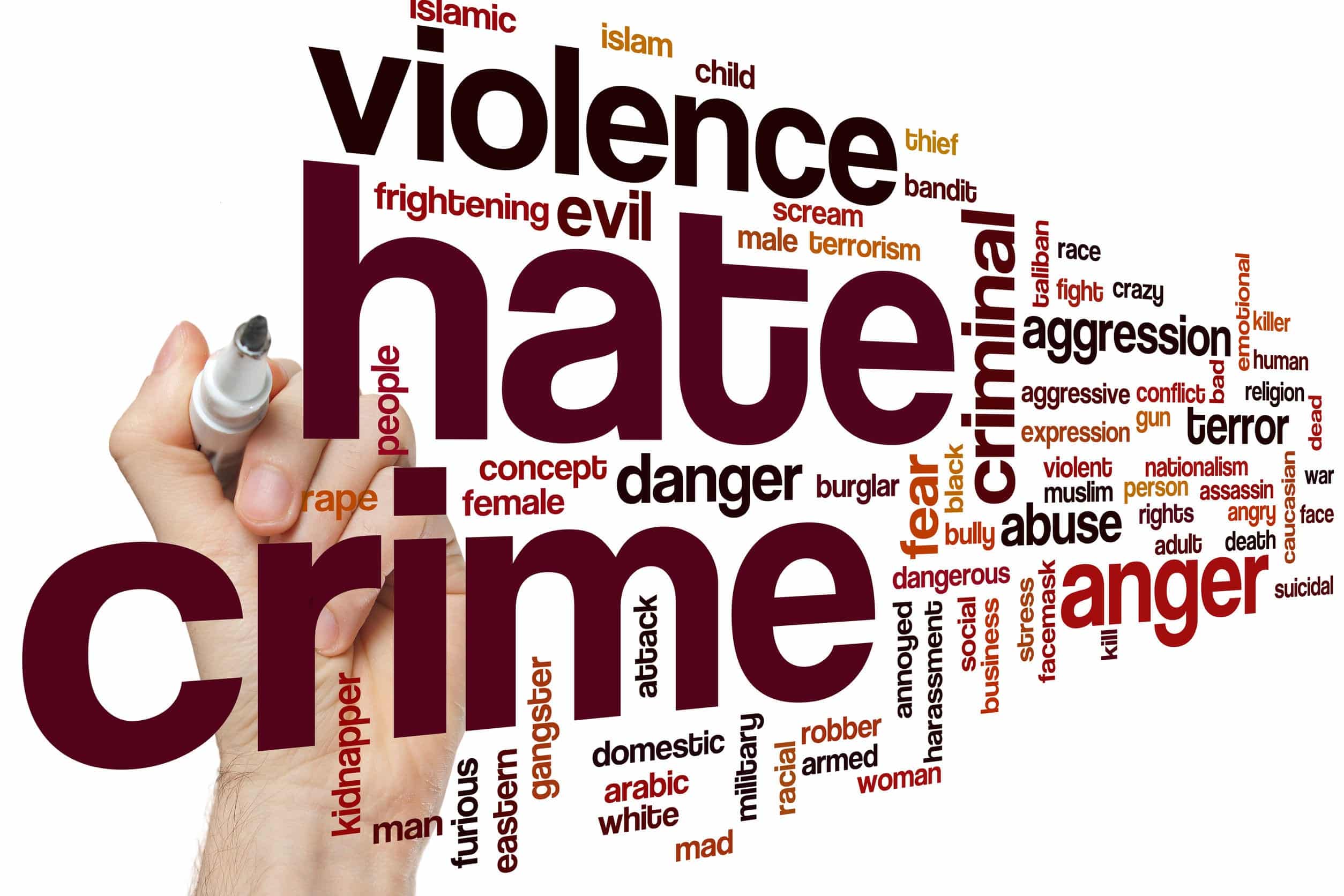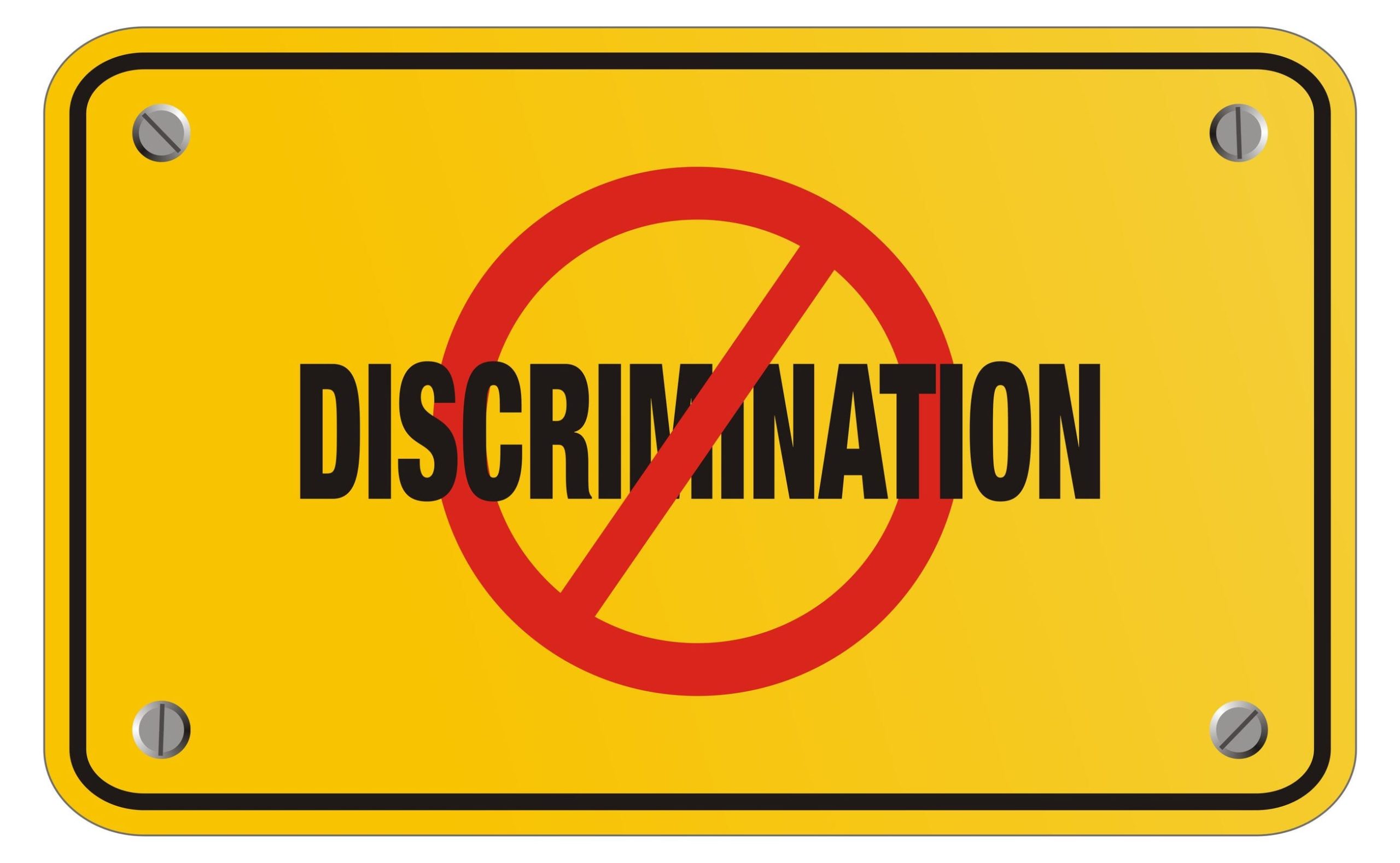- Home
- THE FIRM+
- Criminal Defense+
- CASE RESULTS
- AREAS WE SERVE+
- FAQ’s
- Blog
- Contact
AZHARI LLC BLOG

Posted By: Sami Azhari
Category:
Anger and frustration can lead to people doing all kinds of things. Sometimes, these “things” include violent and discriminatory acts against others. Sometimes, someone may commit a criminal act against another and people simply assume that it was because of a particular group the person belonged to. Yes, we’re talking about hate crimes.
According to Illinois state law:
A person commits a hate crime when, by reason of the actual or perceived race, color, creed, religion, ancestry, gender, sexual orientation, physical or mental disability, or national origin of another individual or group of individuals, regardless of the existence of any other motivating factor or factors, he commits assault, battery, aggravated assault, misdemeanor theft, criminal trespass to residence, misdemeanor criminal damage to property, criminal trespass to vehicle, criminal trespass to real property, mob action, disorderly conduct, harassment by telephone, or harassment through electronic communications.
Right now, the Chicago area is on high alert when it comes to hate crimes.
Why? Let’s look at how hate crimes have been impacting our city and what that means in terms of law enforcement cracking down on the people they believe to be committing them.
Hate Crimes in Chicago
Hate crimes are up here in Chicago, but the numbers don’t fully reflect the number of hate crimes actually taking place.
Since 2012, the Chicago Police Department has classified 336 crimes as hate crimes, with 73 – the highest number since 2012 – taking place last year in 2016.
Betsy Shuman-Moore, the director of the hate crime project for the Chicago Lawyers’ Committee for Civil Rights, believes those numbers are too low and says that hate crimes often go unreported.
So when a hate crime allegedly occurs and someone is charged, it gets national attention.
Like it did back in January, when four African-American suspects were accused of beating and torturing a mentally disabled 18-year-old white man and streaming it live on Facebook. In addition to a hate crime, the four suspects have also been charged with felony aggravated kidnapping, aggravated battery with a deadly weapon, and aggravated unlawful restraint. The suspects have pleaded not guilty and were not given bond.
The video received national media attention for its shocking and appalling physical and verbal abuse, and was later removed by the social media platform because they “do not allow people to celebrate or glorify crimes on Facebook.”
Just this month, the Chicago police superintendent asked a judge to prevent Patrick Lavin from becoming a probationary police officer. Why? Because Lavin got into a fight in a taxi back in 2011 and was charged with a hate crime when it was reveal that one of the alleged victims was gay. Lavin claimed he didn’t know of anyone’s sexual preference, and the hate crime charge was dropped.
However, even though the hate crime charge was dropped and Lavin wasn’t convicted of a hate crime, the police superintendent thinks the initial charge is enough evidence to stop him from being hired.
Cracking Down on Hate Crimes
With so many high-profile hate crimes on display in our city, the country might be looking toward Chicago to start cracking down even more on these types of crimes. This means that any crime that might possibly be motivated by some sort of prejudice could end up being classified as a hate crime.
With police officers out in full force searching for hate crimes, you’ll need to fight for your rights more than ever, and contact an experienced Chicago defense attorney if you have been accused of a hate crime to get your charges reduced, dropped, or dismissed altogether.
About the Author
Sami Azhari has been working as a lawyer since 2007, after receiving his Juris Doctor from the Michigan State University College of Law. He has handled numerous state and federal cases, and is known throughout the Chicago and Rolling Meadows area for providing his clients with high-quality, skilled representation. He has been recognized by SuperLawyers, the National Trial Lawyers Association, and other notable organizations, and has spoken at a number of legal conferences.


























































